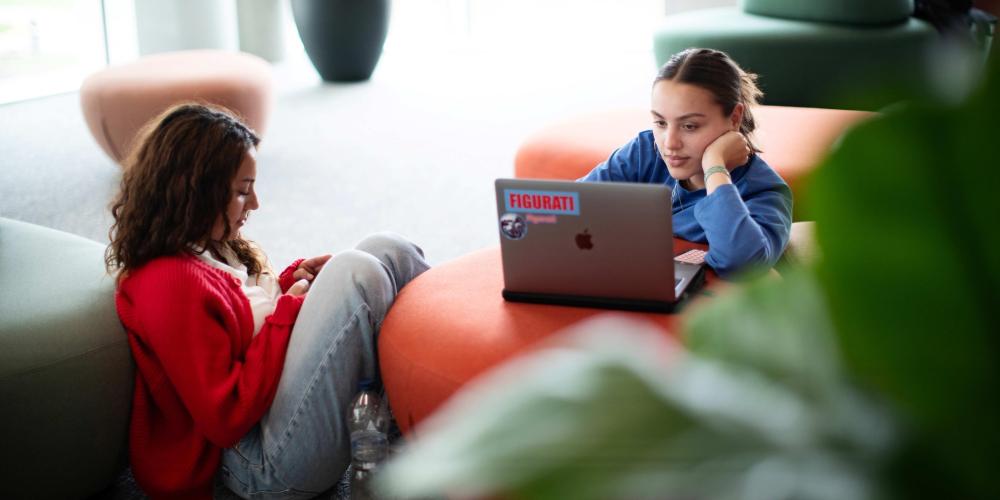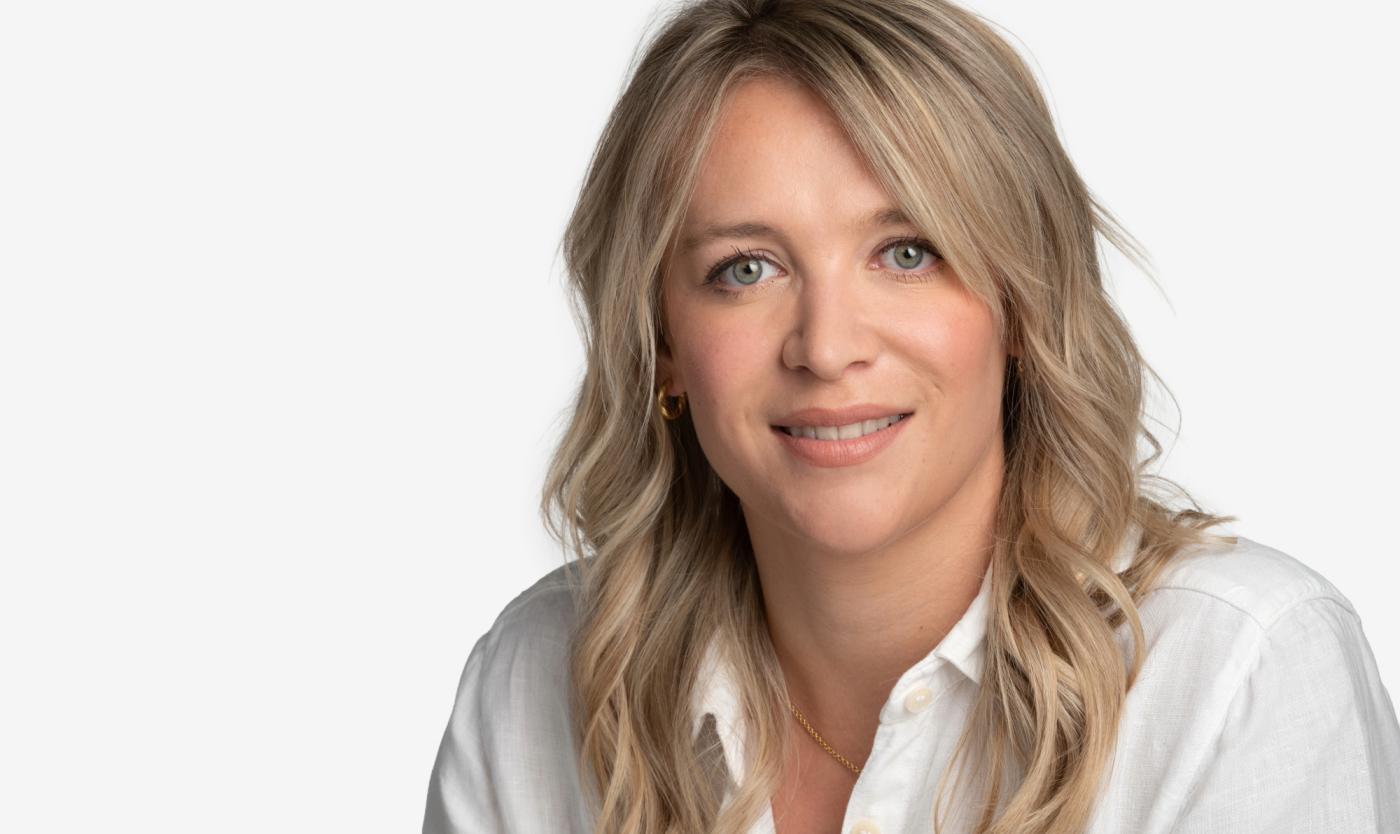
BRUCC, the Brussels University Consultation Centre of the VUB, promotes mental wellbeing through psychological support, research and education. Students, staff and external visitors can turn to BRUCC for guidance with mild to moderate mental health concerns. “We aim to offer a warm and safe space where anyone struggling with psychological issues can find appropriate support,” says Joyce Van den Meersschaut, coordinator of BRUCC.
What is BRUCC?
Joyce Van den Meersschaut: “BRUCC is a practice centre linked to the Faculty of Psychology and Educational Sciences (PE). Research, education and psychological services are closely intertwined. That makes BRUCC an inspiring place to learn and work for students, academics and clinicians in psychology alike.”

Coordinator Joyce Van den Meersschaut
Who can turn to BRUCC?
“At BRUCC, anyone can seek psychological support or counselling for mild to moderate mental health issues. Our doors are open to people connected to the VUB as well as to external visitors. Consultations are available in both Dutch and English.”
What support does BRUCC offer to young people?
“BRUCC aims to be a warm and safe place where pupils and students can share their personal stories with a counsellor. We offer a listening ear and tailored care, always in dialogue with the young person or (young) adult. They can choose between an individual path or a group training. BRUCC strives to provide help to pupils and students as quickly as possible. Currently, the waiting list for this age group is short. Thanks to the ‘PsyBru’ convention, BRUCC can offer a limited number of free sessions to young people and young adults up to the age of 23, provided they are affiliated with a Belgian health insurance fund.”
Are you a pupil or student looking for support? Register here
What support does BRUCC offer to VUB staff members?
“The ‘BRUCC Wellbeing’ team, in collaboration with M&O Wellbeing, focuses on supporting VUB staff members who experience psychological difficulties at work due to a range of factors. This could include high workload, concentration issues, difficult relationships with colleagues or supervisors, or personal situations affecting work performance. In addition to individual guidance, BRUCC Wellbeing also offers workshops and lectures through the VUB LRN programme. Prevention is a key focus to help avoid burnout or absence from work. Topics include worrying, assertiveness, perfectionism and warm leadership.”
Discover the BRUCC Wellbeing offer for staff
You also organise group sessions. What’s the added value of group work?
“We aim to make our group sessions as accessible as possible. On the one hand, we offer short training sessions that help everyone strengthen their skills and resilience. We deliberately work with small groups of 5 to 10 people to create a safe space for sharing experiences. On the other hand, these trainings are organised under the PsyBru convention, which means they are free for participants under 24 years old, and only €2.50 per session for those aged 25 and over.”
“It’s important to talk about mental wellbeing – that’s how we lower the threshold for seeking help”
What issues do you see most often among young people?
“Research shows a significant rise in mental health problems among young people. At BRUCC, we also notice that many struggle with stress, loneliness, anxiety, depression, self-harm and suicidal thoughts. Fortunately, young people seem to find their way to professional help more quickly, and the taboo is gradually fading. Still, we want to reach more young people who are struggling. Through the ‘PsyBru’ convention, we’re able to offer free sessions to a larger group.”
What do the group sessions for young people involve?
“A group training consists of 5 to 8 sessions, focusing on psychoeducation and practical tools participants can apply in their daily lives. At BRUCC, we offer trainings on managing attention and concentration difficulties, living with ADHD, calming the mind and body through mindfulness, regulating emotions, and more.”
What advice would you give to someone who wants psychological support but finds it difficult to take that step?
“It’s important to talk about mental wellbeing – that’s exactly how we make it easier to seek help. For many young people, it can already help to talk with a friend. We should care for one another and encourage each other to seek professional support when problems start to affect daily life. It’s essential that a young person receives clear information during the first session about what to expect, such as the process and confidentiality. In the future, BRUCC aims to offer introductory workshops so young people can get to know the services before committing to an individual path or group training.”
Are there situations where BRUCC refers people elsewhere?
“Based on the registration and/or first session, we assess whether BRUCC can meet the person’s needs and expectations. If not, we refer them to partners such as UZ Brussel, the VUB general practice or other external organisations. Possible reasons for referral include acute or complex problems requiring more intensive or long-term care, or medical treatment. For VUB students dealing with study-related issues such as study or exam stress and procrastination, BRUCC collaborates with the university’s student psychologists.”